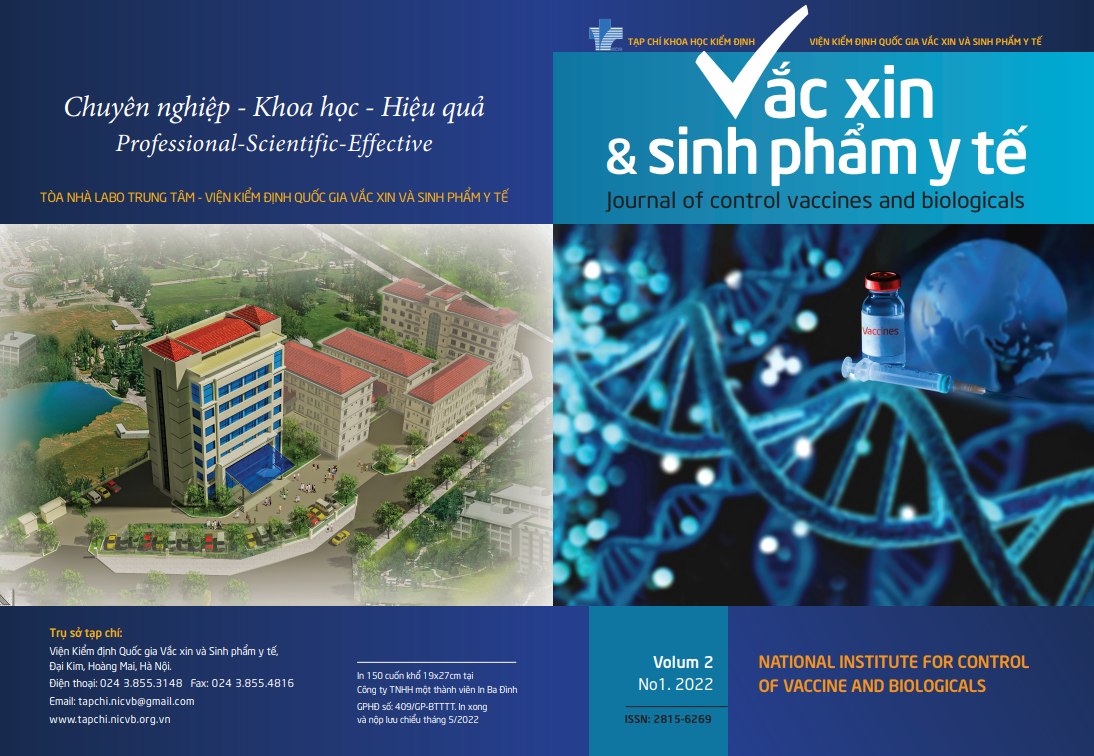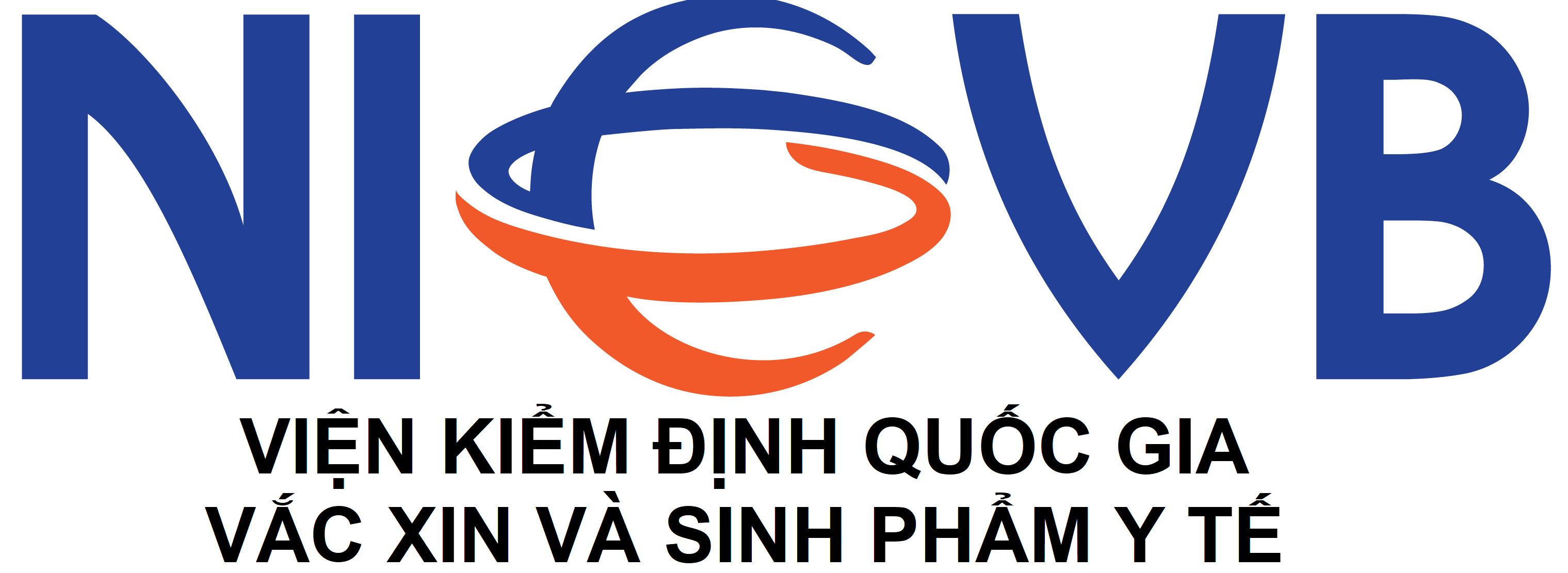Nghiên cứu áp dụng kỹ thuật ELISA định lượng cho kiểm định công hiệu sinh phẩm huyết thanh chứa kháng thể đặc hiệu kháng HBs của vi rút viêm gan B
DOI:
https://doi.org/10.56086/jcvb.v2i1.26Từ khóa:
phương pháp ELISA, viêm gan B, sinh phẩmTóm tắt
Đặt vấn đề/ Mục tiêu: Phương pháp ELISA định lượng là phương pháp nhanh, chính xác
và có nhiều ưu điểm khác bao gồm nguồn cung ứng hóa chất sinh phẩm dễ dàng, thời hạn
sử dụng sinh phẩm dài, giá thành rẻ, trang thiết bị máy móc sẵn có, thao tác dễ thực hiện.
Nghiên cứu này thực hiện để nhằm xác định sự phù hợp của quy trình ELISA định lượng
và áp dụng kỹ thuật này trong kiểm định chất lượng sản phẩm huyết thanh người chứa
kháng thể viêm gan B.
Phương pháp: Mô tả thực nghiệm trong phòng thí nghiệm
Kết quả: Chúng tôi đã khảo sát các tiêu chí kỹ thuật của quy trình trình ELISA định lượng
xác định hàm lượng kháng thể anti-HBs bao gồm độ tuyến tính, giới hạn định lượng, độ đúng,
độ chính xác và độ mạnh sử dụng bộ kit ELISA định lượng thương mại đã được Cơ quan
quản lý Châu Âu cấp phép. Các tiêu chí đều đạt các tiêu chuẩn chấp thuận và phù hợp để sử
dụng cho kiểm định công hiệu của sản phẩm Immuno HBs 180-200 IU/ml.
Kết luận: Phần lớn trẻ viêm phổi tái diễn nặng bị nhiễm vi khuẩn. Gần một nửa trong số đó
có nhiễm virus. Các tác nhân thường gặp gây viêm phổi tái diễn là H. influenzae,
S.pneumoniae, Adenovirus







